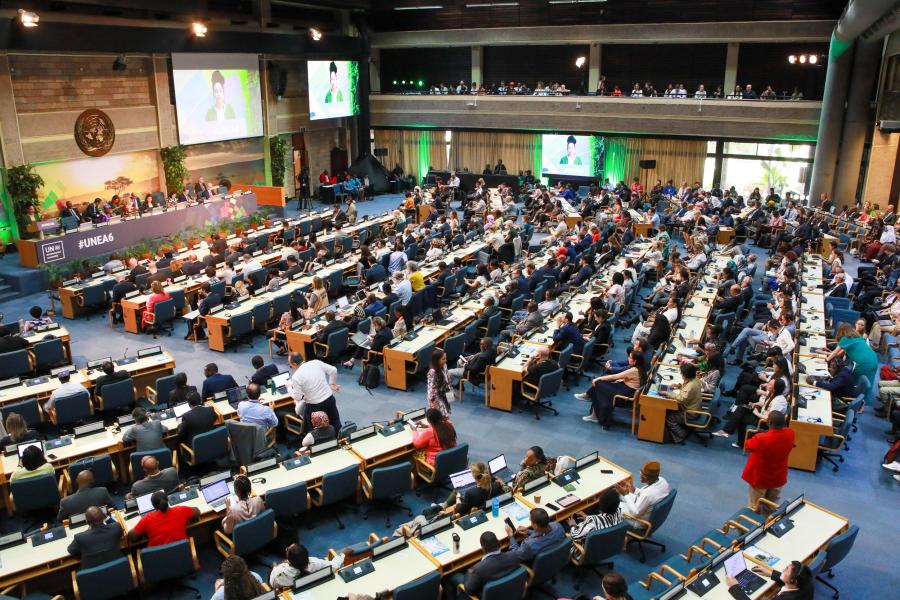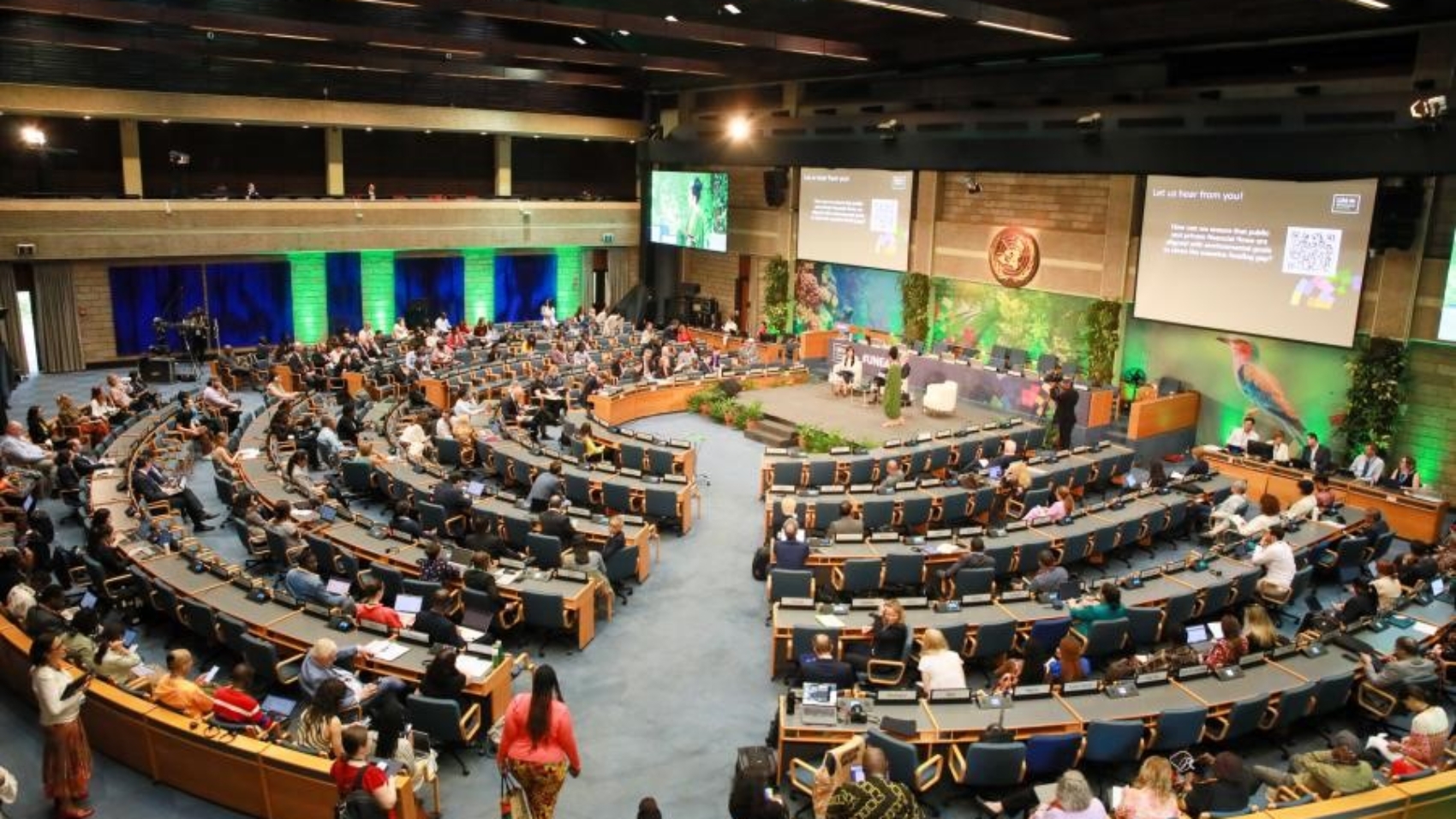On February 28, 2024, the United Nations Environment Assembly (UNEA-6) held discussions on enhancing cooperation with multilateral environmental agreements (MEAs). The event featured an opening plenary and two high-level dialogues aimed at strengthening collaborative actions, sharing experiences, and increasing the visibility of MEAs.
During the opening plenary, H.E. Leila Benali, President of UNEA-6 and Minister of Energy and Sustainable Development of Morocco, characterized MEA Day as a “historical step on the road to strengthening convergence of action and dialogue on the global environmental agenda.” She emphasized the importance of multilateralism and called for equity, inclusivity, and mutual respect among delegates as they collectively leverage cutting-edge solutions to address the triple planetary crisis.
UNEP Executive Director Ms. Inger Andersen acknowledged the ongoing global efforts to combat environmental degradation but warned of the accelerating nature of the crisis. She urged stakeholders to seize the opportunity to “create the big picture of a stable climate, healthy nature, thriving lands, and a pollution-free planet.”
Statements were also delivered by leaders from various MEAs, including the President of the 15th Conference of Parties (COP15) to the Convention on Biological Diversity, the COP12 President of the Vienna Convention for the Protection of the Ozone Layer, and the Executive Secretary of the United Nations Convention to Combat Desertification; the Executive Secretary of the Basel, Rotterdam, and Stockholm Conventions; and the Director of the Transparency Division, United Nations Framework Convention on Climate Change.

The first high-level dialogue, “Strengthening the science-policy interface for effective implementation of environmental commitments,” aimed to enhance collaboration among MEAs, UNEP, scientific panels, and platforms. The focus was on improving the use of scientific information in decision-making to support environmental commitments addressing climate change, biodiversity loss, and pollution. The second dialogue centered on “Strengthening cooperation between UNEA, UNEP, and MEAs to enhance effective implementation at the national level, including through means of implementation.” Participants discussed challenges and opportunities in fostering integrated implementation of environmental commitments through enhanced cooperation among UNEA, UNEP, and the governing bodies of MEAs. They explored practical strategies for UNEA to support shared objectives in addressing climate change, biodiversity loss, and pollution.

